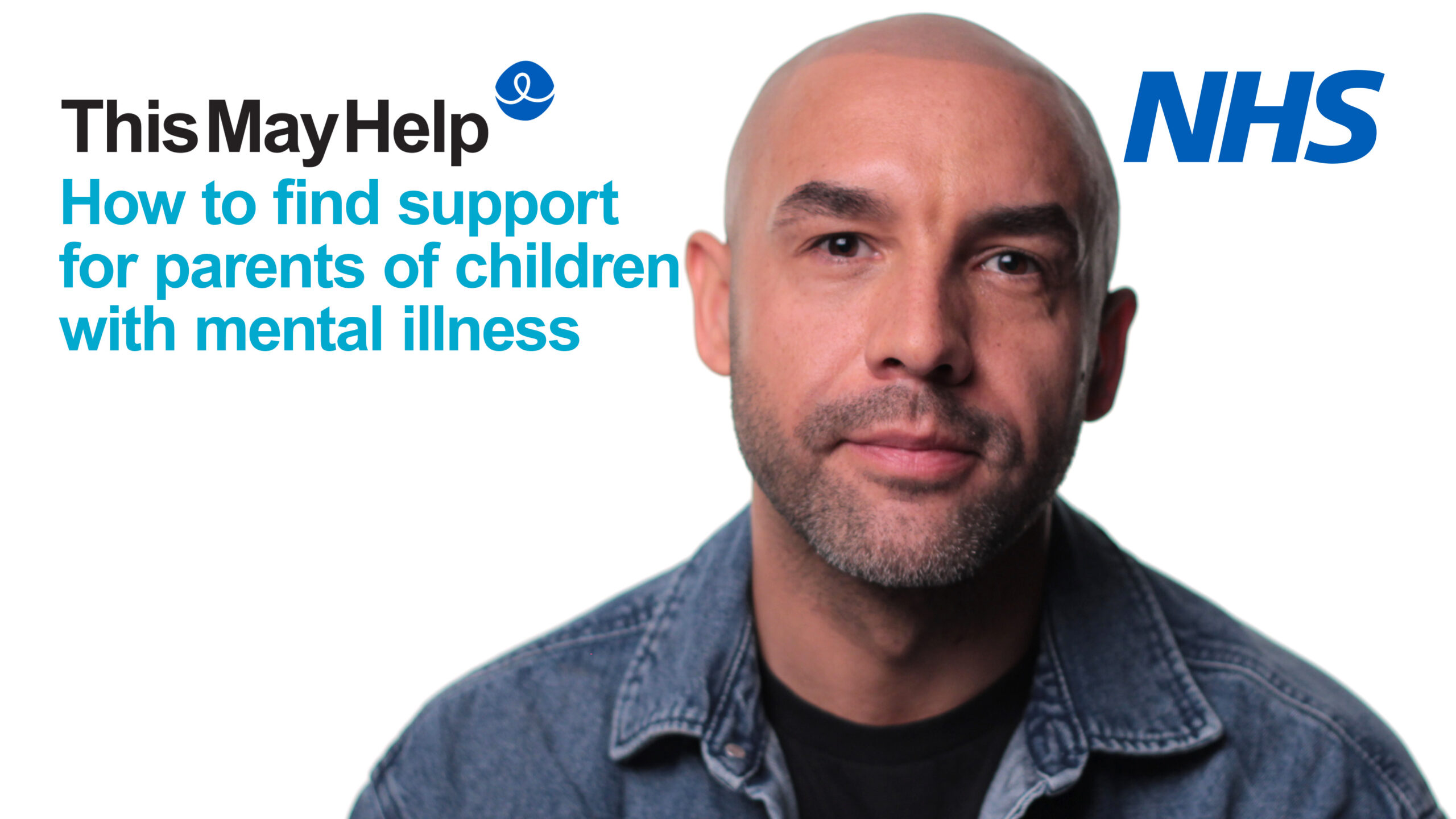If your child is refusing to go to school, this is known as school avoidance, school refusal or school phobia and is often caused by fear and anxious feelings. It’s natural for parents to feel concerned and want to get to the bottom of what’s behind it, but there may not be just one single cause.
In this video, Eddie Marsan shares advice from NHS mental health professionals for parents concerned about their child avoiding school with five quick tips that may help.

More support
1. Start a conversation
It’s important to try to get to the heart of the problem, but be patient as they may find it difficult to talk about what’s troubling them. Just listening to what they have to say will make a huge difference.
Guidance for having a conversation about school avoidance
- It’s important that you only talk to them about it when you’re both calm and can reflect and discuss things openly rather than being driven by strong emotions.
- It’s a good idea to start by asking them what’s wrong, but don’t be surprised if they clam up or don’t want to tell you. Not only might they not want to talk about it, but they also may find it difficult to explain exactly what they’re feeling.
- If they do tell you anything. Try not to react emotionally and realise that their refusal to go to school may not be a choice but a mental hurdle.
2. Contact the school
Get in touch with the school to make them aware of the situation and ask them if the teachers have noticed anything different.
Things to know before talking to the school
- It’s really important that the child is fully aware that you are speaking to the school and of any steps being taken.
- The reception staff will know who the best person for you to talk to will be.
- Don’t be surprised if the teachers haven’t noticed anything. Lots of young people hide their difficulties and can be really good at ‘masking’ how much they are struggling, so it is not uncommon for staff to think nothing is wrong.
3. Work together to explore solutions
Explore with the school any ways your child can access help when they are struggling. If the issue is pressure of schoolwork, explore ways to reduce either the timetable or the workload.
Guidance for finding solutions
- It’s important to remember that adolescence can be an extremely difficult period and, as adults, it’s our job to be role models and give them the support they need to get through it.
- If the issue is pressure of schoolwork, explore ways to reduce timetable or workload.
- If they can’t go to school, think about what alternatives might be available.
4. Maintaining a healthy lifestyle
Even if they’re not in school full time, rules and boundaries should be respected. Supporting them and doing things together will help them to feel a sense of stability.
Guidance for maintaining a healthy lifestyle
- Be clear and let your child know that you want to help them, but it is reasonable to keep your usual family rules and boundaries.
- It’s important keep healthy routines, so if they’re not in school full time, you still want to help them to be in bed at a reasonable time, get up in the morning, support them with any homework, encourage them to exercise and to spend time with the family like eating meals and doing activities together.
5. Reach out
Reach out for professional help, but keep your child fully involved in the decision-making process and aware of any steps being taken.
Who to contact for information, advice and support
- Contact the child’s GP, the local mental health service or your local SENDIASS for specialist advice concerning mental health
- Youngminds.org offers A guide for parents School anxiety and refusal
- Action for Children gives guidance on What is school refusal and what can I do about it?
Some additional resources that may help.
- For more advice on parenting a child with mental health issues, visit our dedicated page
- NHS advice for supporting the mental wellbeing of others. Better Health: Every Mind matters
- For information on how to access NHS Mental health services click here






